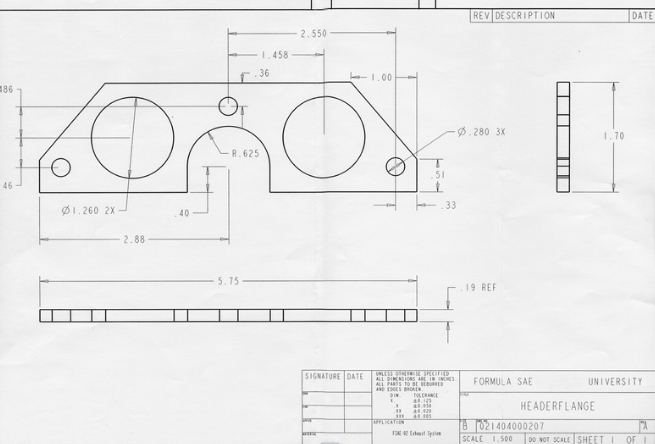Is technical document translation different from normal translation?
Is technical document translation different from normal translation?
Technical documents are generally written by experts, such as researchers and developers, who have knowledge in their field of expertise. Translating these documents requires some knowledge in the field. Most known types of technical document is product user manuals. As for industrial sector, technical documents are required in various fields from engineering to construction, medical, and robotics.
If there are errors or omissions in details in these professional
documents, it can lead to legal litigation between companies, so it is
important to prepare the documents, but also be careful in translating the
technical documents. In the public sector, there are a lot of documents that
need to be prepared, especially in detail. In the case of large-scale projects,
most of the projects are carried out with the participation of many companies
in each sector, rather than one company preparing and executing everything. In
addition, these projects often involve foreign companies. If technical
documents with foreign companies are not harmonized and document translations
do not proceed smoothly, serious problems may arise.
So how do we translate this important technical document? Is it different
from normal translation? General translation in business (website translation,
product introduction, company introduction, video subtitles, general book
translation, etc.) is at a level that professional translators can translate if
they understand only few terms used in the field. However, in order to
translate technical documents, you must have an understanding of the relevant
fields, such as electronics, machinery, medicine, military, and chemistry, and
knowledge of technical terms.
Of course, not all terminology is understood and translated by
professional translators in the field. So, after reviewing the first document,
there are cases where we ask the researcher of the company to explain what we
do not understand. However, it is possible to communicate smoothly with
developers and researchers because it is conducted based on an understanding of
the field. Therefore, translation in these fields has no choice but to demand a
higher price than the unit price of general translation services. Also,
depending on the complexity of the original document, the translation process
may take longer than normal translation.
Why professional translation agency is needed for technical translation.
Because technical document translation is for government agencies and
companies rather than for general consumers, it is necessary to maintain a high
level of translation. The reason is that, in some cases, we comply with the
legal regulations or international standards of the target foreign country. In
order to pass professional contents such as maintenance of machinery and safety
guidelines, and certifications such as WHO, FDA, ISO, etc., the technical part
is important, but the quality of the document is also important.
These technical documents are documents that can be recognized for the company's technology and value, and if there is a problem in translation, you may lose business opportunities or be subject to sanctions from foreign governments. In order to translate high-quality technical documents, the participation of translators with specialized knowledge is essential, which means that the value of the company can be increased.
How might I’M Translation and ISiS Korea aid technical translation?
At I’M Translation and ISiS Korea, we can connect you with a professional translators and interpreters. We have over 30+ languages available on our platform and we are flexible and available regardless of the language pair, topic, and time zone. Please visit us at www.imtranslation.com and www.isiskorea.com/eng to request a free translation and interpretation quote. Thank you!
.jpg)





Comments
Post a Comment